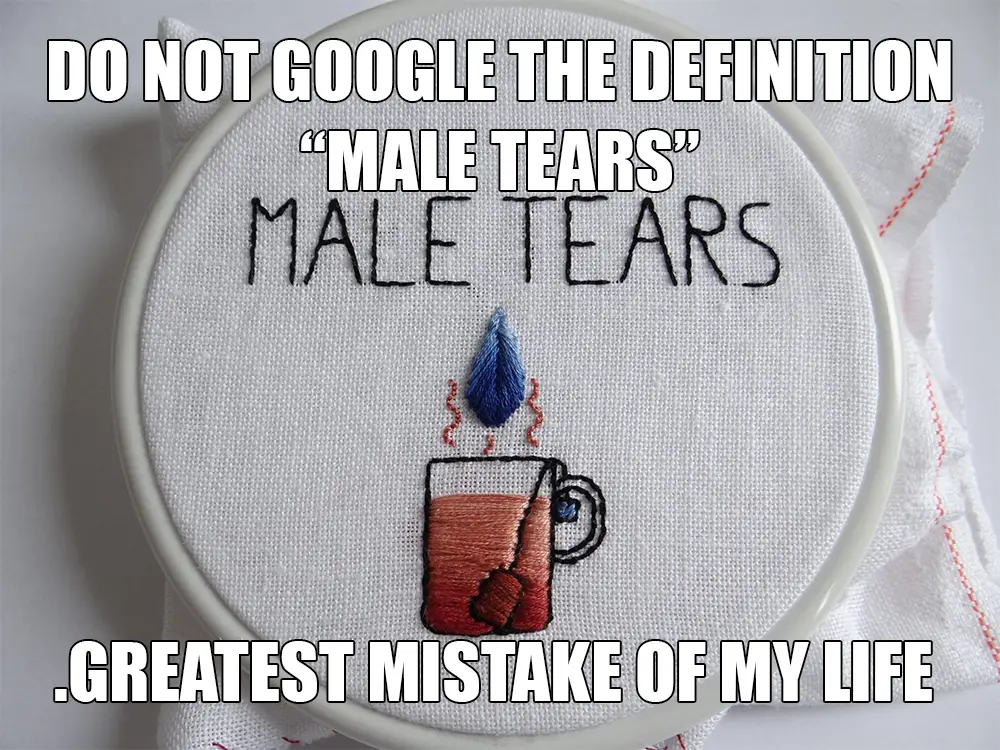Womens history month first became an event in 1911. The UN first recognized it in 1975. Come 1980 and the world saw its first womens week as historical textbooks and courses were believed to not designate enough attention on women. By 1987 this week had turned into the first womens history month. Women had to fight tooth and nail in the last century or so for their rights internationally and had to fight an equally arduous journey for recognition but here the struggle fizzled out. The stepping stones of female recognition went from a day to a week to a month – and then there was stagnation. Women today talk about how much womens history month is necessary and as much as females should be recognized, womens day is only hurtful to the future feminists envision for women.
Women shouldn’t be portrayed as a pigeon holed clique of individuals who contributed to our history. To the contrary these women should be recognized as they truly were; indispensable figures in their concerned epochs and niches. The distinction that women are given when discussed in historical contexts coupled with the tight stretch of time they are given attention for, makes great women seem few and far in between.
The roles of the same women are vomited out by every media outlet for a month for everyone to appreciate in the name of fighting misogyny. Is this fair? A month simply is not enough time to appreciate women. If you only learned about a subject once a year you would not know much on that subject. It’s safe to elude that appreciating women for a month is not sustainable for learning.
A month is also not enough to familiarize ourselves with the different kind of women and their roles. Predominantly white women are appreciated including women like Mother Teresa whose contributions to humanity were more hurtful than helpful. Someone briefly acquainted with mother Teresa may see her as a woman to look up to. However she is someone highly recognized every year. This goes to show that most of the education on these women are only surface level. Someone more well read would recognize mother Teresa’s dangerous medical practises and would have heard of her forced conversions.
When men known as philanthropists are discovered to potentially be not as kind or helpful as their mask would show we always hear about it and study about it. With womens history month such flaws are rarely addressed. Mother Teresa is just another example. Seldom do we hear of the great Muslim women who contributed to science, mathematics and acted as great historical figures of their times. In most places the talk of women in scientific fields starts and ends with Marie Curie. From Hypatia to Maryam al Astrulabi to Maryam Mirzakhani everyone is forgotten.
RELATED: Feminism – The Oligarch’s right hand weapon
Media also fails to contribute positively to women’s history month. A quick look through Netflix’s women’s month collection would show you shows based in specific historical eras that only show women as damsels in dramatic distress with no care beyond their looks and romantic interests. Other shows will be about women finding true love navigating through the world. The closest you will get to recognition of female strength is shows about women overcoming abuse and victims coming out survivors. A heroic or strong women in such shows is considered an oddity.
Such stories always display a strong woman with a romantic interest, an unspoken requirement for her role to function, when factually many queens even pirate queens functioned without a significant other. Compare that to how men are shown, strong irrespective of their romantic attachments. That and the allocation of only a month for admiration further supports the misconception most people have that women barely made any contributions to key historical events.
Despite the closest recognition of unwavering female strength without existing stereotypes of women, the feel good heartbreaking stories of women overcoming tragedy are the ones I loathe the most. Women in such situations should be appreciated I am not against that but this sets up for a scene, a bleak image of women, one where they only have strength when they overcome tragedy and hardships. Women bear strength beyond the parameters of victim hood. Historically women haven’t solely been damsels in distress or damsels in defense; they have also taken offensive positions. Yet all of these contributions to a month celebrating women overlook that.
What good is Womens history month then? It is a mere reflection of improvements to be made on part of society. A formality for feminists, a shallow show of care for women.

Leave a Reply